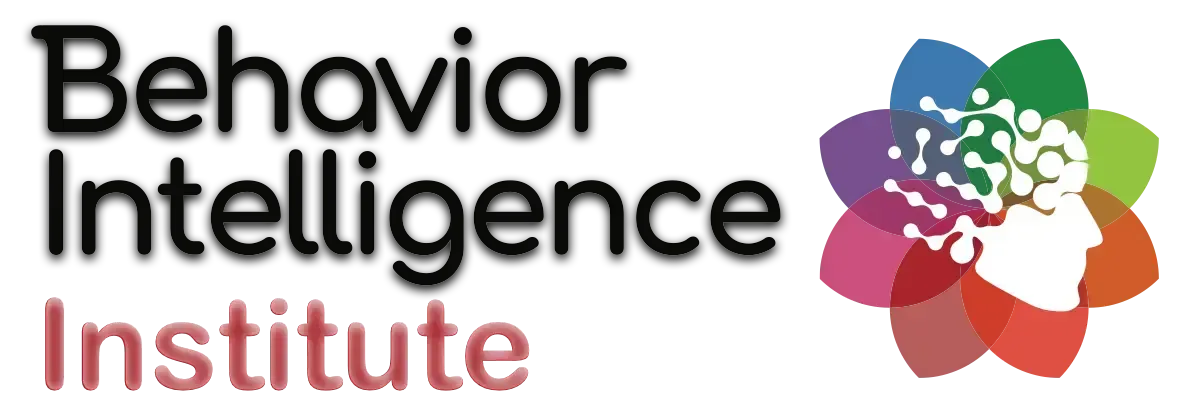Blog
Categories

Leveraging "Fake it till you make it" for self-development.
"Fake it till you make it" - take two
In the realm of personal development and career advancement, the mantra "fake it till you make it" often elicits a range of responses. To some, it might seem like a questionable shortcut to success, while to others, it represents a valid tactic for self-improvement and growth. Your journey with this concept could be transformative, especially when you shift your perspective from seeing "faking it" as an act of deceit to viewing it as a method for reprogramming your own brain.

From an early age, everyone is on a learning curve, soaking up information and skills without fully understanding the reasons behind them. These initial lessons often lack personal significance, being imparted without any attached dreams or goals. Simon Sinek's idea of starting with "WHY?" underscores this gap, suggesting that without a personal stake or interest, learning can seem random and unengaging. Yet, when rewards are introduced, they act as a potent reinforcement, fostering a belief in your own capabilities.
This principle can become the foundation of your approach if you decide to tackle a skill that feels completely alien, such as programming. With no background or prior knowledge, this task might seem insurmountable. However, by choosing to adopt a mindset of self-belief and "faking" your confidence in your ability to learn programming, rewarding yourself for every attempt, no matter how minor, you can make a significant difference.
The act of self-reward is not merely about self-congratulation; it's a calculated strategy to reinforce your efforts. Each reward signals to your brain that progress is being made, affirming your capability. This method of self-encouragement can help you to persist through the inherent challenges and obstacles of learning something new. Over time, these rewards can reprogram your brain, turning your simulated belief in your abilities into genuine self-confidence.
Taking control of your learning journey is empowering. It demands that you be self-driven, pushing beyond the comfort zones of your existing knowledge and skills. The act of "faking it" transforms from pretending to be someone you're not to envisioning the person you want to become and taking tangible steps towards embodying that vision.
The transformation doesn't occur overnight. It's a gradual process of building your belief in yourself, one reward at a time. But as you continue to apply this approach, you might notice a significant shift in your mindset. The unknown no longer intimidates you; instead, you feel motivated by the challenge of mastering new skills.

For those looking to embark on a similar path of self-improvement, here are some steps to consider:
1. Identify a skill or goal you wish to achieve.
2. Begin with a mindset of self-belief, even if it requires "faking" it at first.
3. Reward yourself for every attempt, regardless of the outcome, to reinforce your efforts.
4. Persist through challenges, viewing each obstacle as an opportunity to learn and grow.
5. Reflect on your progress, recognizing how much you've achieved.
By adopting this strategy, you can reprogram your brain to believe in your abilities, turning "fake it till you make it" from a cliché into a potent tool for personal growth.
In conclusion, the journey of "faking it till you make it" is not about deception; it's about reprogramming your brain to cultivate genuine self-belief. By taking control of your learning process, rewarding yourself for your efforts, and persisting through challenges, you can transform your aspirations into accomplishments. Remember, the key to success is not the destination but the journey of self-discovery and improvement.
Copyright 2021 AccuMatch Behavior Intelligence is a division of NLP Profiles Inc. | Privacy Policy



